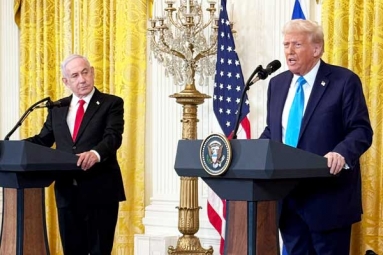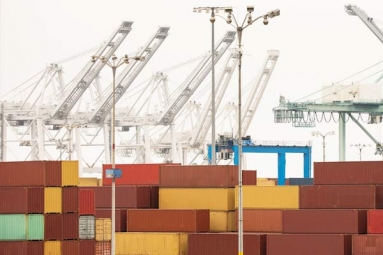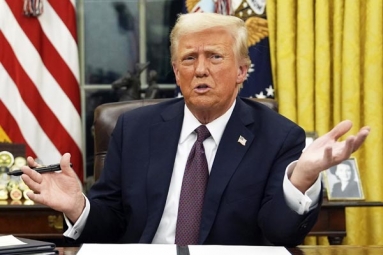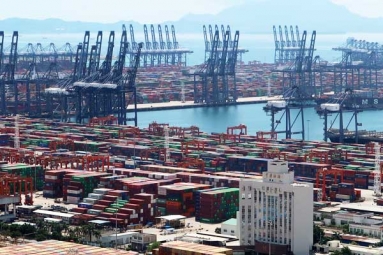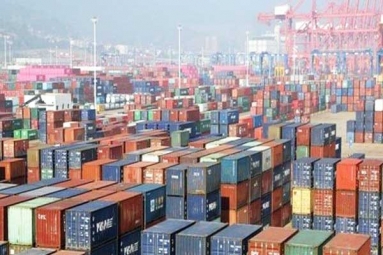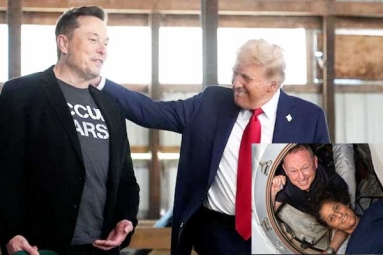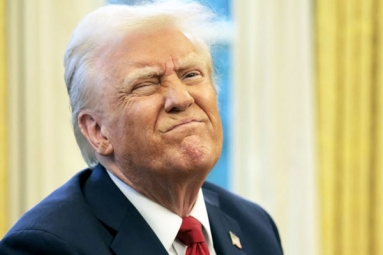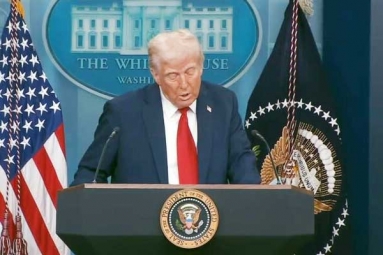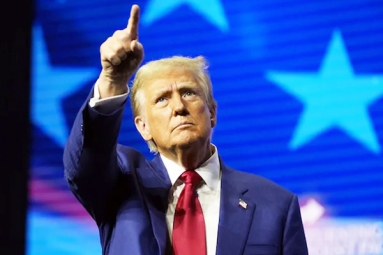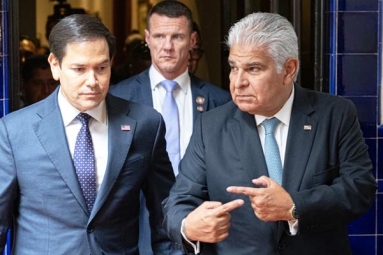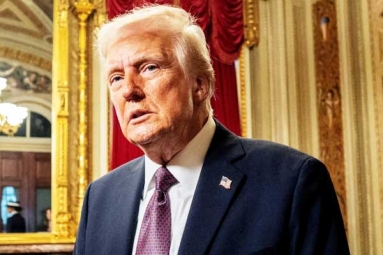Trump Admin Revokes Duty-Free Privileges on 50 Indian Products in U.S.
November 02, 2018 15:38
(Image source from: www.thebetterindia.com)
India's worsening trade relations with the United States took a new turn when the Trump administration decided to revoke duty-free privileges on the import of as many as 50 Indian products.
The move came in after India decided to hike the customs duty levied on 29 American products.
Surprisingly though, India has been endlessly extending the deadlines for the imposition of these the higher duties. Actually, the Finance Ministry recently decided to advance the deadline for the third time in a row by another 45 days till 17 December.
Citing section 503(c)(2)(A) of U.S.' 1974 Act, President Donald Trump announced that 'certain beneficiary developing countries' has overused the benefits of the Generalized System of Preferences (GSP) in the previous year by crossing the competitive-need limitations.
In an announcement issued by White House, Trump stated that he may retreat, suspend or limit the application of the duty-free treatment that is accorded to specific articles under the GSP when imported from designated beneficiary developing countries.
Items Pulled out of GSP Benefits
The list of items withdrawn from tariff-free provisions chiefly includes agricultural and handloom goods like areca nuts, processed mangoes, sandstones, leather from buffalo skin, plain weave handloom cotton fabric over a weight of 85 per cotton, carpets and textile floor covers.
Basically, the imposition of tariffs means that it is going to be more expensive to export them to the U.S. And since it will be more expensive, the prices of those products will increase since the trader will shift the burden of the tax onto the consumer.
So, if we follow the basic principles of demand and supply, with the commodities getting more expensive, it’s likely that their demand will fall negatively impacting India's outgoing trade.
Impact on India's SMEs
The U.S. was providing India benefits worth $70 million with its GSP - which gives exclusive provisions to export tariff-free products in the United States.
Imposition of regular U.S. tariffs on Indian products is likely to impact the Small and Medium-sized business (SMEs) which are dependent on exports. In particular, Indian handloom and agricultural sectors may have to look for other options to boost exports once tariffs are imposed on their product.
It is not India's going to stop exporting these products entirely yet having to bear regular tariffs which will directly impact export volumes.
That being said, an Indian official has claimed that these products are not a major part of India's total export, which is worth $5.6 billion and thereby will not impact the Indian economy much.
U.S.-India's Chaotic Trade Relations
The U.S. and India have been going through a rough phase since the Trump government came into power.
Earlier this year, India proclaimed plans to increase the tariff on 29 American goods - mainly nuts, apples and finished metal - as a counter-attack on Trump's move to increase taxes levied on the import of steel and aluminum.
Mis-stating India's tariff system, Trump called India 'tariff king' for levying higher import duties on several American products.
The U.S. has also been mulling over penalizing India for breaching its call to bring Iranian oil export to zero. Apart from this, India's recent $7 billion defense deal with Russia has put the U.S. on the offensive raising a lot of questions on how the two countries are going to work out their trade relations in the future.
-Sowmya Sangam






